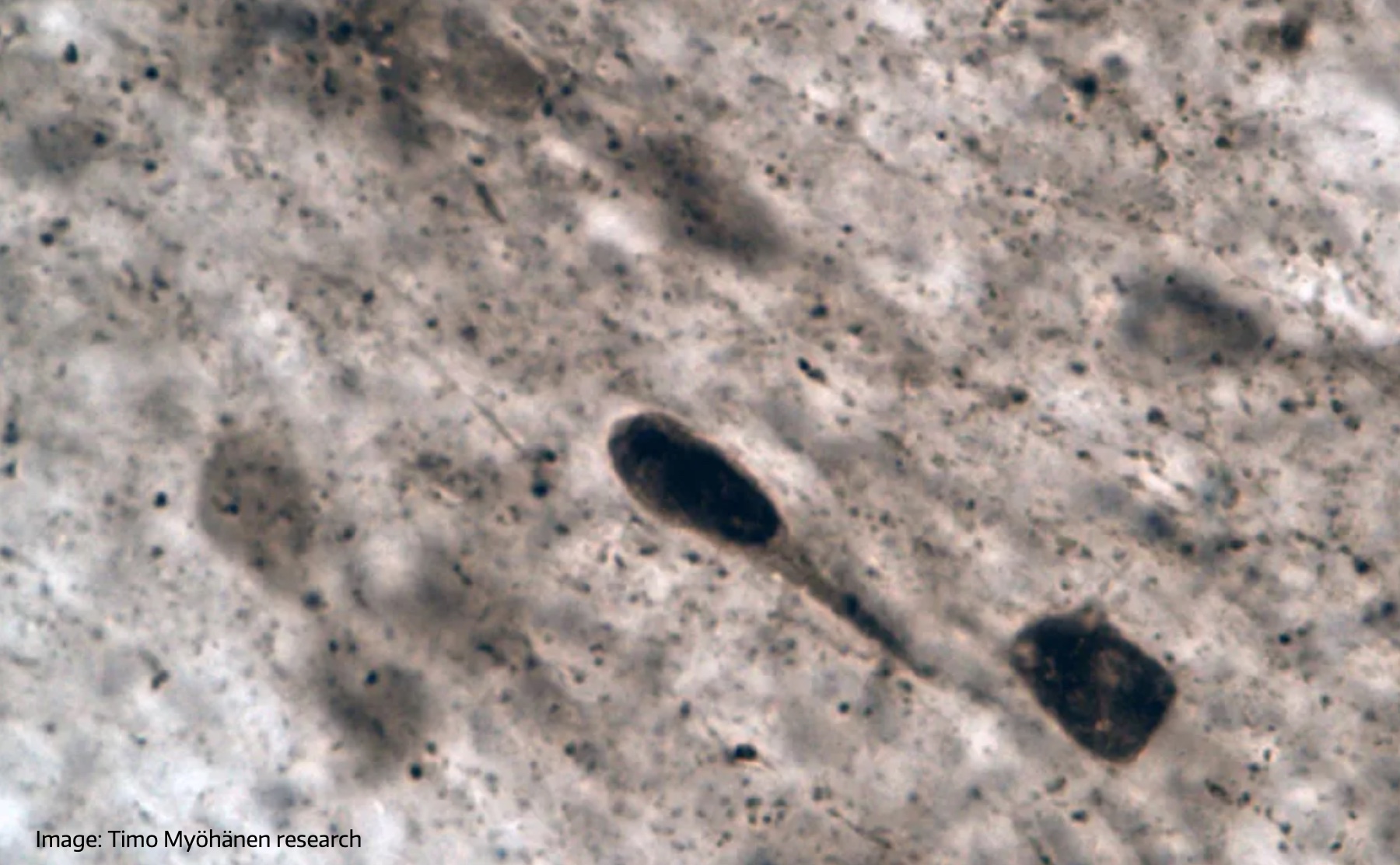Research from the University of Helsinki indicates that specific strains of Desulfovibrio bacteria are likely to cause Parkinson's disease (PD), primarily through environmental exposure.
- The researchers found these strains cause clumping of the α-synuclein protein, a feature of PD.
- Desulfovibrio strains isolated from healthy individuals do not cause α-synuclein clumping to the same degree.
- The concentration of Desulfovibrio species also correlated with the severity of PD.
“Our findings are significant, as the cause of Parkinson’s disease has gone unknown despite attempts to identify it throughout the last two centuries. The findings indicate that specific strains of Desulfovibrio bacteria are likely to cause Parkinson’s disease. The disease is primarily caused by environmental factors, that is, environmental exposure to the Desulfovibrio bacterial strains that cause Parkinson’s disease. Only a small share, or roughly 10%, of Parkinson’s disease, is caused by individual genes,” says Professor Per Saris from the University of Helsinki.
 Clumps of alpha-synuclein in a nerve cell.
Clumps of alpha-synuclein in a nerve cell.
Why it matters
Screening for these harmful Desulfovibrio bacteria could lead to innovations for removing these strains from the gut, potentially reducing and slowing the symptoms of PD patients.
More than 10 million people worldwide live with PD, an incurable neurodegenerative disorder characterized by tremors, muscle stiffness, hindered movement, and impaired balance and coordination.
“Our findings make it possible to screen for the carriers of these harmful Desulfovibrio bacteria. Consequently, they can be targeted by measures to remove these strains from the gut, potentially alleviating and slowing the symptoms of patients with Parkinson’s disease. Once the Desulfovibrio bacteria are eliminated from the gut, α-synuclein aggregates are no longer formed in intestinal cells, from which they travel towards the brain via the vagus nerve like prion proteins,” Saris sums up.
About Desulfovibrio bacteria
They are commonly found in aquatic environments with high levels of organic material and water-logged soils.
- They are mobile, anaerobic bacteria with more than 30 species.
- Desulfovibrio bacteria produce hydrogen sulfide, and several strains synthesize magnetite, which can trigger Parkinson's disease.
- The bacteria have been positively correlated with inflammatory bowel disease (IBD), ulcerative colitis, liver disease, and autism.
It is difficult to avoid exposure to Desulfovibrio bacteria altogether as they are normal inhabitants of the human intestine.

